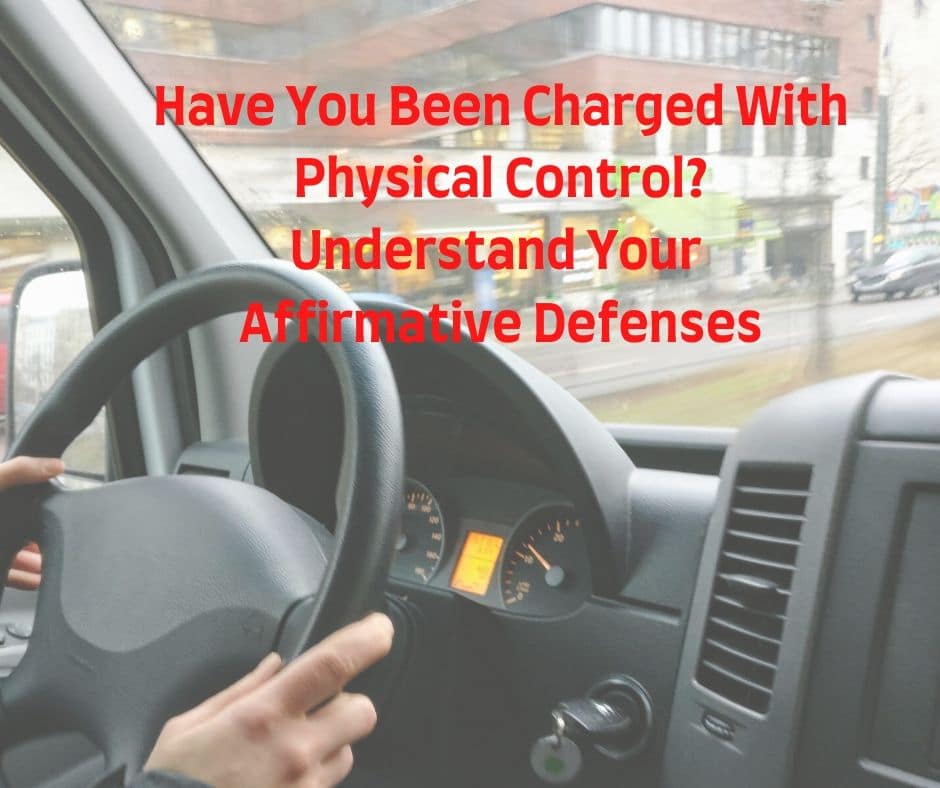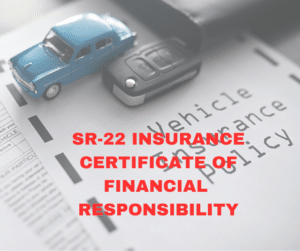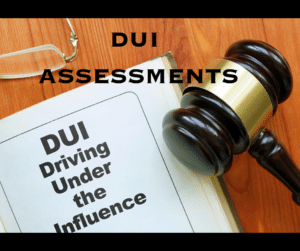
If you suddenly realize that you have had too much to drink, can you pull over on the road without facing criminal charges?
Technically, you have committed the crime of DUI (assuming you are over the legal limit or “affected by” under the statute) but, if no one saw you and there is no evidence to prove this charge, a DUI charge is not likely. Regardless, you should always stop driving if you are impaired. The challenge can be understanding how to safely pull over and avoid a criminal charge.
ACCORDING TO THE STATUTE, WHAT AMOUNTS TO “PHYSICAL CONTROL”
When you pull over into a parking lot or the side of the road, you are in physical control of the vehicle. This means you can be charged with a crime. The statute that applies is:
RCW 46.61.504
Physical control of vehicle under the influence.
(1) A person is guilty of being in actual physical control of a motor vehicle while under the influence of intoxicating liquor or any drug if the person has actual physical control of a vehicle within this state:
(a) And the person has, within two hours after being in actual physical control of the vehicle, an alcohol concentration of 0.08 or higher as shown by analysis of the person’s breath or blood made under RCW 46.61.506; or
(b) The person has, within two hours after being in actual physical control of a vehicle, a THC concentration of 5.00 or higher as shown by analysis of the person’s blood made under RCW 46.61.506; or
(c) While the person is under the influence of or affected by intoxicating liquor or any drug; or
(d) While the person is under the combined influence of or affected by intoxicating liquor and any drug.
(2) The fact that a person charged with a violation of this section is or has been entitled to use a drug under the laws of this state does not constitute a defense against any charge of violating this section. No person may be convicted under this section and it is an affirmative defense to any action pursuant to RCW 46.20.308 to suspend, revoke, or deny the privilege to drive if, prior to being pursued by a law enforcement officer, the person has moved the vehicle safely off the roadway.
(3)
(a) It is an affirmative defense to a violation of subsection (1)(a) of this section which the defendant must prove by a preponderance of the evidence that the defendant consumed a sufficient quantity of alcohol after the time of being in actual physical control of the vehicle and before the administration of an analysis of the person’s breath or blood to cause the defendant’s alcohol concentration to be 0.08 or more within two hours after being in such control. The court shall not admit evidence of this defense unless the defendant notifies the prosecution prior to the omnibus or pretrial hearing in the case of the defendant’s intent to assert the affirmative defense.
(b) It is an affirmative defense to a violation of subsection (1)(b) of this section, which the defendant must prove by a preponderance of the evidence, that the defendant consumed a sufficient quantity of marijuana after the time of being in actual physical control of the vehicle and before the administration of an analysis of the person’s blood to cause the defendant’s THC concentration to be 5.00 or more within two hours after being in control of the vehicle. The court shall not admit evidence of this defense unless the defendant notifies the prosecution prior to the omnibus or pretrial hearing in the case of the defendant’s intent to assert the affirmative defense.
(4)
(a) Analyses of blood or breath samples obtained more than two hours after the alleged being in actual physical control of a vehicle may be used as evidence that within two hours of the alleged being in such control, a person had an alcohol concentration of 0.08 or more in violation of subsection (1)(a) of this section, and in any case in which the analysis shows an alcohol concentration above 0.00 may be used as evidence that a person was under the influence of or affected by intoxicating liquor or any drug in violation of subsection (1)(c) or (d) of this section.
(b) Analyses of blood samples obtained more than two hours after the alleged being in actual physical control of a vehicle may be used as evidence that within two hours of the alleged being in control of the vehicle, a person had a THC concentration of 5.00 or more in violation of subsection (1)(b) of this section, and in any case in which the analysis shows a THC concentration above 0.00 may be used as evidence that a person was under the influence of or affected by marijuana in violation of subsection (1)(c) or (d) of this section.
(5) Except as provided in subsection (6) of this section, a violation of this section is a gross misdemeanor.
(6) It is a class C felony punishable under chapter 9.94A RCW, or chapter 13.40 RCW if the person is a juvenile, if:
(a) The person has three or more prior offenses within ten years as defined in RCW 46.61.5055; or
(b) The person has ever previously been convicted of:
(i) Vehicular homicide while under the influence of intoxicating liquor or any drug, RCW 46.61.520(1)(a);
(ii) Vehicular assault while under the influence of intoxicating liquor or any drug, RCW 46.61.522(1)(b);
(iii) An out-of-state offense comparable to the offense specified in (b)(i) or (ii) of this subsection; or
(iv) A violation of this subsection (6) or RCW 46.61.502(6).
As you can see, there are still many ways to be charged with Physical Control even though you have pulled off of the roadway. Additionally, while a substance may be legal or legally proscribed, it may still be illegal for you to consume it and drive. Furthermore, while Physical Control is different than being charged with DUI, the punishments are the same and creates very serious consequences for those convicted of the crime.
WHAT CAN I DO TO AVOID BEING CONVICTED OF PHYSICAL CONTROL
Therefore, if you want to avoid a Physical Control charge, here are some pointers:
• Do not have your car on.
• Do not have the keys in the ignition (even if the car is off).
• Do not be near any ingress or egress onto any road. In other words, park as far away from normal traffic flow as you can.
• If you are going to sleep, do not be in the driver’s seat.
• When it gets cold, do not be tempted to turn on the car for heat.
• Do not put the keys into the ignition to listen to the radio (refer back to #1!)
• To draw less attention to you, park perfectly straight into a stall (if a parking lot).
• Do not park where customers would have to drive or walk past your vehicle to enter a business.
• Do not assume a few hours of rest will put you below the legal limit. If you are impaired and do not want to sleep 8 hours, contact an Uber or friend to come pick you up.
• Even though you are no longer driving, do not consume any additional alcohol while sitting in your car.
• Make a mental note of when you pulled off the road.
DO I HAVE ANY AFFIRMATIVE DEFENSES?
If you have been charged with Physical Control, you must assert an affirmative defense of “safely off the roadway.” This means that you must assert you were no longer on a roadway. Pulling onto a shoulder or even a side street will not work. It must be an area far away from a roadway such as a parking lot or a rest stop. Additionally, it would be best to have proof of when you pulled over. You could text a friend that you pulled over to a parking lot or screenshot the time when pulled over to your location. Get out of the driver’s seat and make sure your keys are not in the ignition or such that you could “touch start” your vehicle. It must be absolutely clear that you can not exert ANY control over your vehicle.
WHAT WILL A PROSECUTOR BE LOOKING FOR?
To summarize, the 2 biggest factors that help you successfully assert your affirmative defense are:
• Showing that you did not and could not assert control over the vehicle is critical. You did not have keys in the ignition and you did not have convenient access to the keys. Additionally, you were not in the driver’s seat.
• You should be located in a secluded parking lot or rest area, which is as far away from the entrance to the road as possible. If it appears that you could easily return to the roadway (even if you are resting in the passenger’s seat when confronted), you will not meet the standard of “safely off the roadway.”
If you are confronted by an officer regarding your attempt to pull off the roadway and she suggests that you “just pulled over”, make sure to request that the officer touch the hood of the car. Having the officer verify that your engine is cool is helpful to asserting your defense.
WE ARE ALWAYS HERE TO HELP IN YOUR DEFENSE
Please share this information with friends. It is never acceptable to drive while impaired by alcohol or drugs and, if you suddenly feel impacted by a substance, it is critical that you pull safely off of the roadway. This blog is intended to be informational and not legal advice. However, since the charge of Physical Control requires that you assert an affirmative defense, it is important to understand the necessary steps a citizen must make to claim a defense. It is important for tearing down the prosecutor’s case against you as well as being able to put forth a strong defense.
If you have any questions regarding a Physical Control charge, a DUI, or any other criminal defense question, our team is here to help. We offer free consultations 7 days a week. 360.792.1000. We are a criminal defense / DUI defense law firm based in Bremerton, Kitsap County, Washington.




